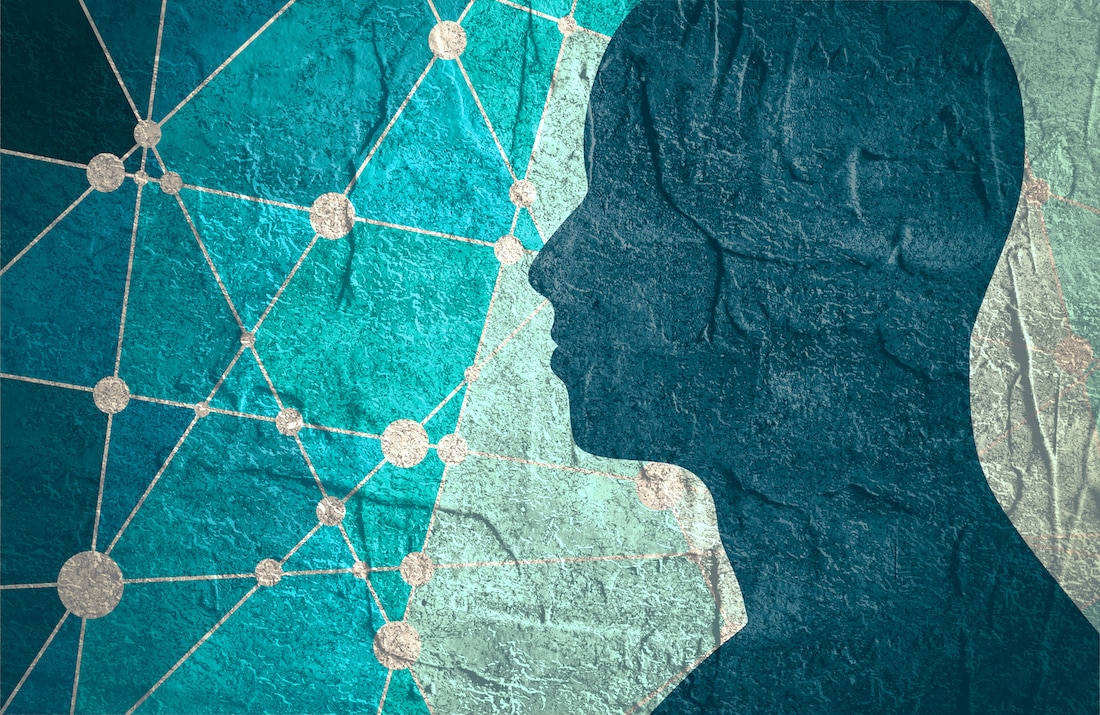Although global suicide rates have declined nearly a third since 1990, they are on the rise in the United States. According to data released in June 2019 from the Centers for Disease Control and Prevention (CDC), US suicide rates are at their highest level since World War II. Rates have increased an average 1% a year from 2000 through 2006 and by 2% from 2006 through 2016. Suicide is the second leading cause of death for individuals ages 10-34.
Why is the suicide rate on the rise?
While there is no exact cause for the increase, substance use and mental health conditions are key contributors. In 2017, drug overdoses claimed 70,000 lives and 17.3 million American adults suffered at least one major depressive episode in the past year. Across the nation, the rising rate of suicide and substance use disorders has caused life expectancy to fall over the past three years.
Experts are claiming escalating suicide rates are further proof that the US is facing a mental health epidemic that is manifesting from conditions such as substance use disorders, anxiety, schizophrenia, and depression. Genetic, social, and environmental factors intertwined with psychological stressors such as stagnant wages, rising healthcare costs, the opioid epidemic, and limited treatment resources continue to activate mental health issues.
Young adults have become more depressed over the last decade and are suffering more psychological issues than generations before them. While experts will not state an exact cause for this, vast evidence points to the unique relationship with technology as a key factor. Many young adults have yet to experience economic circumstances or vast trauma to account for rising suicide rates, however, this generation has had technology to shift their psychological wellbeing. Statistics point to technology as playing a role in rising depression and anxiety rates in young Americans.
How are mental illness and suicide connected?
Research continues to show a link between depression and suicide, as depression will often elevate an individual’s risk to attempt suicide. Mood disorders such as depression and bipolar disorder cause individuals to experience a chemical imbalance that can lead them to feel hopeless or unable to imagine a happier future, which can in turn cause suicidal thoughts. Individuals with bipolar disorder will often use self-harm to cope with the extreme mood shifts and negative emotions they feel.
Post-traumatic stress disorder (PTSD) is characterized by anxiety from previous traumatic events and can affect anyone who is predisposed at any stage in their lives. Approximately 27% of individuals with PTSD have attempted suicide. The rates increase dramatically among those who have experienced multiple sexual or physical assaults. Depression is common among those who have PTSD, as they often feel there is little hope or escape from their symptoms, leading them to contemplate suicide.
Individuals with borderline personality disorder have difficulty regulating emotions and thought, often exhibiting reactions that can include panic, depression, rage or frantic actions. These emotions can cause a pattern of intensity and unbalance in relationships, ranging from extreme closeness to intense dislike or anger. Suicidal thoughts are quite common in those with borderline personality disorder, with many individuals making multiple suicide attempts. The severe emotional pain, impulsivity, and duration of the condition are all factors in why suicide is so common. As with other mental health conditions, borderline personality disorder often co-occurs with drug or alcohol abuse which is a risk factor for suicide by itself.
A dual diagnosis is when someone experiences a mental illness and a substance use disorder simultaneously. Either the mental illness or the substance use disorder can occur first. For many, drugs and/or alcohol serve as an escape from the physical and emotional pain felt with a mental illness. Unfortunately, substance abuse typically exacerbates the symptoms of their mental illness, including increased suicidal ideology.
What are the suicide warning signs?
Suicidal thoughts can be dangerous and should be taken seriously. It is important to understand the warning signs and to know when there is immediate danger.
Warning Signs
- Comments or threats about killing themselves (suicidal ideation)
- Increased substance use
- Aggressive behavior
- Social withdrawal
- Dramatic mood swings
- Talking, writing or thinking about death
- Impulsive or reckless behavior
Immediate Danger
- Putting their affairs in order and giving away their possessions
- Saying goodbye to friends and family
- Shifts in mood from despair to calm
- Planning, possibly by looking around to buy, steal or borrow the tools they need to complete suicide, such as a firearm or prescription medication
Is there help available?
Help is available for someone who is suffering from a mental illness. Mental health professionals, such as those at Lifeskills South Florida, can help an individual explore and understand their emotions and provide the coping skills needed for daily functioning.
At Lifeskills South Florida, we provide customized treatment programs for men and women ages 18 and over who are suffering from mental health disorders such as depression, bipolar disorder, anxiety, borderline personality disorder, and co-occurring substance use disorders. Our nationally certified and licensed professional staff provides residential, partial hospitalization, and outpatient services through a comprehensive clinical program. We understand the need to meet individuals where they are in their disorder. Using a thorough assessment, including genetic processing and family assessments, our clinicians work with clients to design a program tailored to meet their needs that complement our five clinical pathways with secondary supports.
We focus on preparing individuals for reintegration back into life once out of treatment by going above and beyond to empower them during their recovery. Research tells us that mental health plays a part in suicidal thoughts, and we understand the need to help individuals find self-esteem, direction, and balance as they take the next step toward recovery.
If you or your loved one needs help, Lifeskills South Florida is here for you. We encourage you to take that next step by calling us at 954-953-1742 or completing our contact form for more information.




